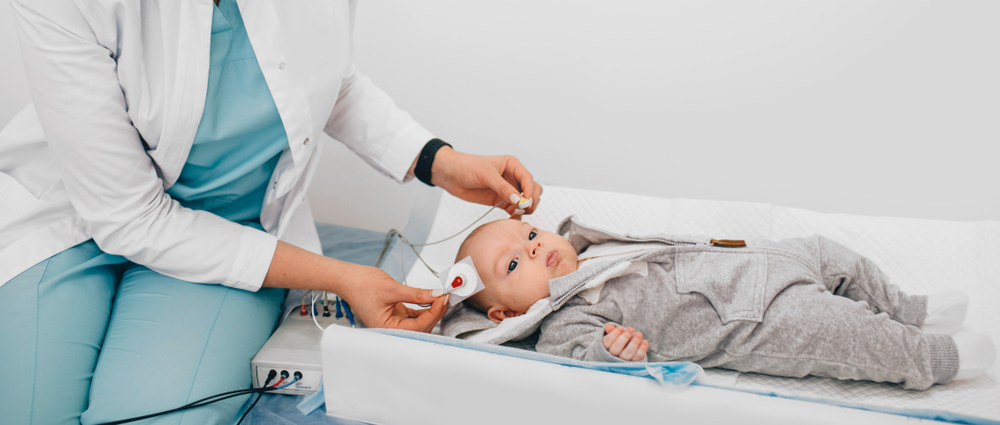Understanding Newborn Screening: What Tests are Performed in the Hospital?
Blog:Understanding Newborn Screening: What Tests are Performed in the Hospital?

Understanding Newborn Screening: What Tests are Performed in the Hospital?
Newborn screening is an essential part of post-birth care, helping identify potential health issues early on. For parents, the time after birth is full of excitement and adjustments, but it’s important to be aware of the medical steps taken to ensure your baby’s well-being. One of these steps is newborn screening, a process that checks for certain conditions that might not be immediately visible but could impact a baby's health long term.
What is Newborn Screening?
Newborn screening is a series of tests performed shortly after birth to detect rare but serious conditions, such as metabolic, hormonal, genetic, and hearing disorders. These conditions may not show immediate symptoms, but early detection is crucial for effective treatment. Early intervention can prevent serious health problems, including developmental delays, physical disabilities, or even life-threatening complications.
The Importance of Newborn Screening
The goal of newborn screening is to identify conditions that can benefit from early treatment. Many of the conditions screened for can be managed or treated if discovered in the first few weeks of life. Without screening, these conditions might go unnoticed until irreversible damage has occurred. By catching these issues early, doctors can provide the necessary care to prevent serious health consequences, ensuring the best possible start in life for your baby.
What to Expect During Newborn Screening
Newborn screening is usually performed within the first 24 to 48 hours after birth. These tests are simple, non-invasive, and typically don’t cause the baby any pain or distress. Here’s what to expect during the screening process:
Blood Test: A small blood sample is taken from your baby’s heel (often called the "heel stick"). This sample is used to screen for a variety of genetic and metabolic conditions. While it might cause brief discomfort, it’s over quickly, and the benefits are invaluable.
Hearing Test: A newborn hearing screening is also performed. This involves placing a tiny earpiece or microphone in the baby’s ear to check their hearing response. It’s painless and typically only takes a few minutes. Early detection of hearing issues allows for timely interventions that can support normal language development.
Critical Congenital Heart Defect (CCHD) Screening: This is done using a pulse oximetry test, which measures oxygen levels in the baby’s blood. It helps detect heart defects that may require early intervention.
Jaundice Screening: Newborns are often checked for jaundice, a condition where the skin turns yellow due to high levels of bilirubin. It can be measured with a non-invasive transcutaneous bilirubin meter or through a blood test.
Conclusion
Newborn screening is a simple yet powerful tool to help ensure your baby’s health. By identifying conditions early, doctors can provide treatments or interventions that improve your child’s quality of life. At Jae Hong Min, MD Pediatrics & Newborn Care Specialist, Dr. Min is committed to guiding parents through every step of newborn care.
If you have any questions about the newborn screening process or your baby’s health, contact Jae Hong Min, MD Pediatrics & Newborn Care Specialist at our office in Flushing, New York, by calling (718) 353-5300 to book an appointment today.





